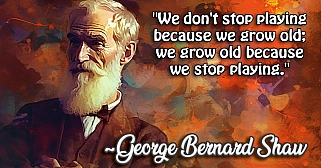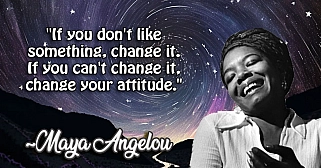Thomas Sowell: A Journey Through Ideas and Influence
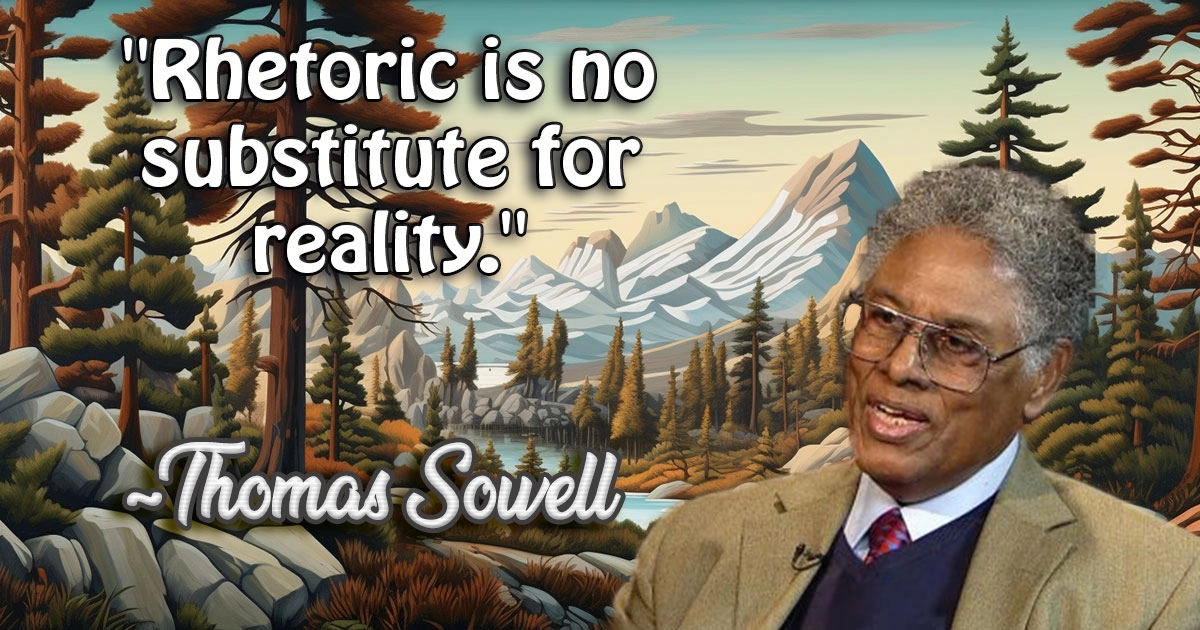
Thomas Sowell
Thomas Sowell, born on June 30, 1930, in Gastonia, North Carolina, is one of America's most influential economists and social theorists. His journey from humble beginnings to becoming a leading voice in economic thought and public policy is a story of relentless pursuit of knowledge, unwavering principles, and a commitment to truth.
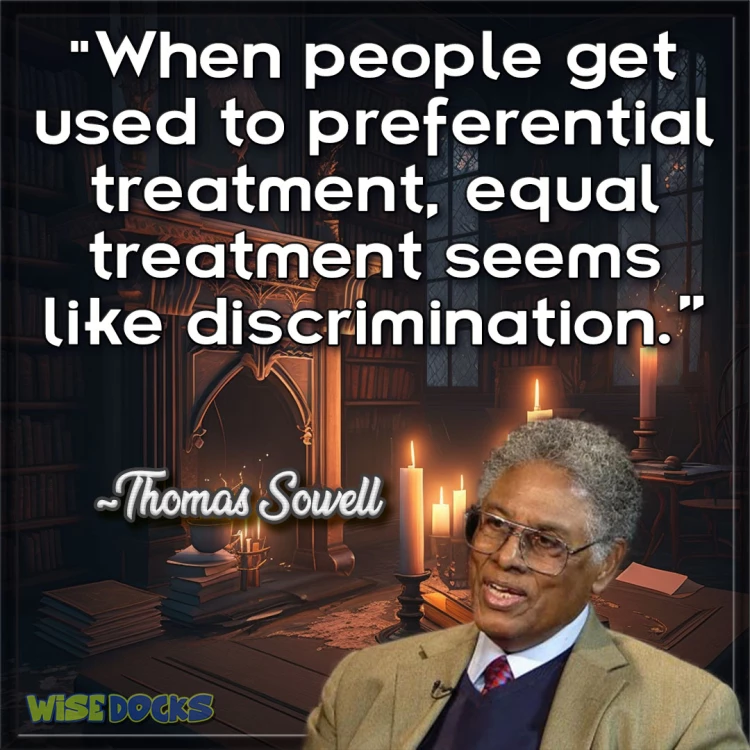
Early Life and Education
Thomas Sowell's early life was marked by hardship. Born into poverty, he lost his father before he was born, and his mother soon passed away. He was adopted by his great-aunt and her daughters, who raised him in Harlem, New York City, during the Great Depression. Despite the challenging environment, Sowell showed early signs of intellectual promise. However, his academic journey was not straightforward. He dropped out of high school due to financial pressures and began working various jobs, including as a delivery boy and a machine tool operator.
Sowell's thirst for knowledge remained undiminished. He served in the United States Marine Corps during the Korean War, where he gained a sense of discipline and responsibility. After his military service, he attended night classes at Howard University, a historically black college, where his exceptional performance earned him a transfer to Harvard University. He graduated magna cum laude in 1958 with a degree in economics. Sowell continued his education at Columbia University, obtaining a master's degree in economics in 1959, and later earned his Ph.D. in economics from the University of Chicago in 1968.
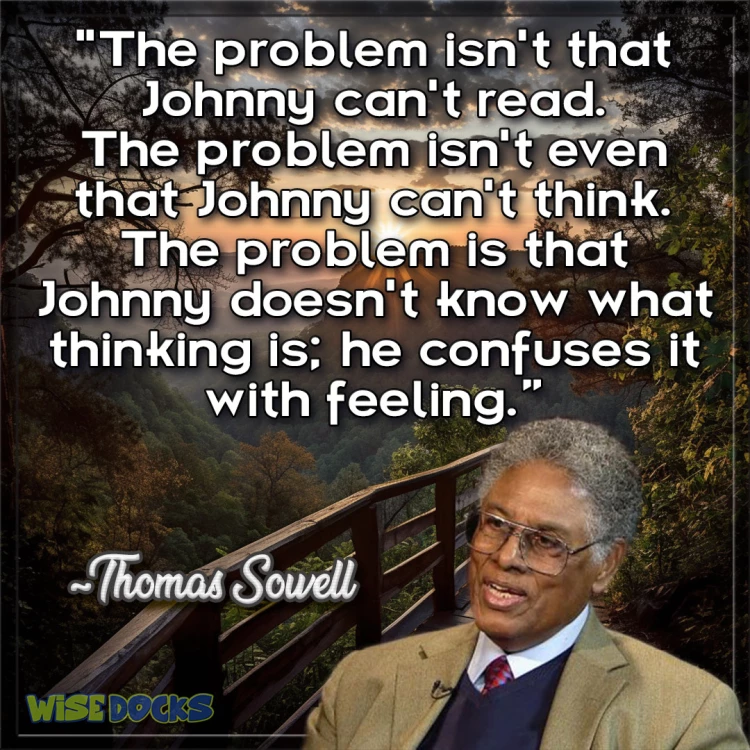
Academic Career and Intellectual Development
Sowell's academic career began at Rutgers University, and he later held positions at Cornell University, Brandeis University, and the University of California, Los Angeles. His early work focused on labor economics, particularly the economic disparities among different ethnic groups. It was during his time at the University of Chicago that he was deeply influenced by the free-market ideas of Milton Friedman and George Stigler. This exposure to Chicago School economics significantly shaped his intellectual trajectory.
One of Sowell's most significant contributions to economic thought is his work on the economics of race and ethnicity. His book "Race and Economics" (1975) challenged conventional wisdom by analyzing the economic factors behind racial disparities. He argued that cultural and behavioral factors, rather than systemic discrimination, played a crucial role in economic outcomes. This perspective was controversial and sparked heated debates, but it established Sowell as a fearless scholar willing to tackle difficult and sensitive issues.
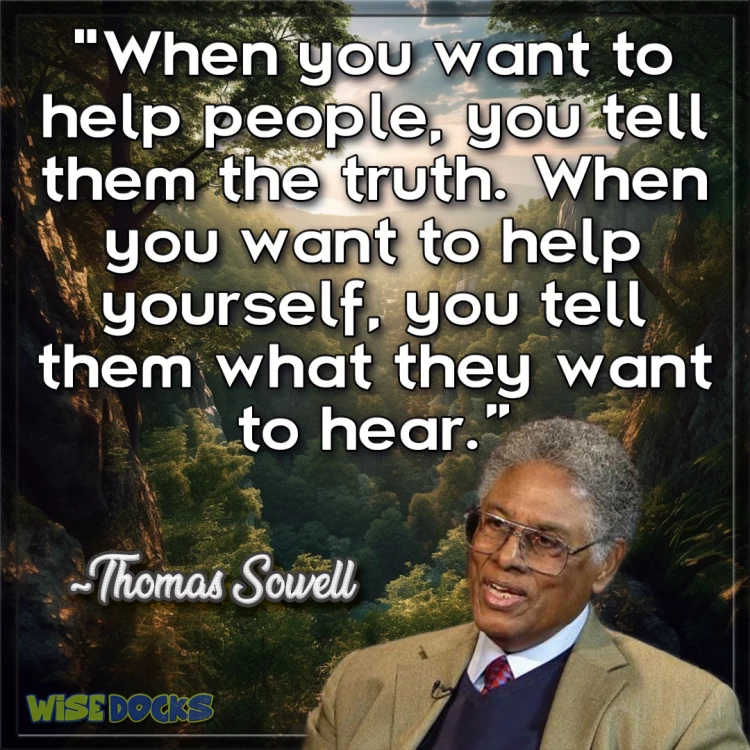
Transition to Public Intellectual
While Sowell's academic work was groundbreaking, his transition to a public intellectual amplified his influence. He began writing a syndicated column in the 1970s, which allowed him to reach a broader audience. Sowell's writing is characterized by its clarity, rigor, and accessibility. He has a unique ability to distill complex economic concepts into understandable terms without compromising on depth.
In his book "Knowledge and Decisions" (1980), Sowell explored how societies make decisions and allocate resources. He emphasized the importance of dispersed knowledge and the limitations of centralized planning, drawing on Friedrich Hayek's concept of the "knowledge problem." Sowell argued that markets, despite their imperfections, are superior to government interventions because they harness the dispersed knowledge of individuals. This book won the 1980 Law and Economics Center Prize and further cemented Sowell's reputation as a leading economic thinker.
Views on Race, Culture, and Public Policy
Sowell's views on race and culture have often placed him at odds with mainstream intellectuals and activists. In "Ethnic America: A History" (1981), he examined the economic progress of various immigrant groups in the United States. Sowell argued that the success or failure of these groups depended largely on their cultural values, work ethics, and community cohesion rather than on the level of discrimination they faced. He criticized affirmative action policies, contending that they often harm the very groups they intend to help by fostering dependency and undermining meritocracy.
Sowell's book "Black Rednecks and White Liberals" (2005) further explored cultural influences on economic and social outcomes. He provocatively argued that some dysfunctional behaviors attributed to African Americans in urban ghettos were inherited from the Southern redneck culture, which was historically white. This thesis challenged prevailing narratives about the sources of social and economic problems in the black community and sparked considerable controversy.
On education, Sowell has been a vocal critic of the public school system and an advocate for school choice. In "Charter Schools and Their Enemies" (2020), he examined the successes of charter schools in providing quality education to minority students and argued that opposition to charter schools often comes from vested interests rather than genuine concern for students' welfare. Sowell's advocacy for educational reform is rooted in his belief that access to quality education is a crucial determinant of economic mobility and social progress.
Influence and Legacy
Thomas Sowell's influence extends far beyond academia. His books, articles, and columns have reached millions of readers, shaping public discourse on economic policy, race relations, and social issues. He has received numerous accolades, including the Francis Boyer Award from the American Enterprise Institute and the National Humanities Medal, awarded by President George W. Bush in 2002.
Sowell's legacy is not only in his scholarly contributions but also in his role as a mentor and inspiration to future generations of economists and public intellectuals. His rigorous approach to research, commitment to empirical evidence, and willingness to challenge orthodoxy have set a high standard for intellectual integrity.
Personal Life and Character
Despite his public persona as a formidable intellectual, those who know Sowell describe him as a humble and private individual. He is known for his dry wit and unassuming demeanor. Sowell's personal life has been marked by his dedication to his family and his passion for photography, a hobby he has pursued for many years.
Sowell's journey from the streets of Harlem to the halls of prestigious universities is a testament to the power of perseverance, intellectual curiosity, and the pursuit of excellence. His life story underscores the importance of individual effort and the belief that ideas, grounded in evidence and logic, can shape the world for the better.
Continuing Relevance
As Sowell enters his nineties, his work remains highly relevant. The debates he engaged in over the decades continue to resonate in contemporary discussions about race, economics, and public policy. In an era marked by ideological polarization, Sowell's insistence on empirical analysis and reasoned argument offers a valuable model for constructive discourse.
Thomas Sowell's contributions to economic thought and public policy are profound and enduring. He has challenged prevailing assumptions, provided fresh perspectives on complex issues, and inspired countless individuals to think critically and independently. His legacy is that of a true public intellectual, whose work will continue to enlighten and influence for generations to come.

